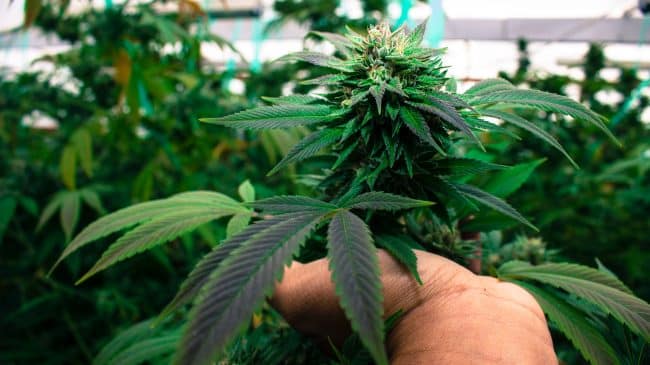Lori Ajax
Chief
Bureau of Cannabis Control
P.O. Box 419106
Rancho Cordova, CA 95741
Chief Ajax:
We respectfully submit these comments on behalf of the Reason Foundation, a think tank focused on government reform and efficiency. Based on our areas of expertise, we suggest the following evaluation and specific areas for improvement:
Consumer freedom. The proposed limitation on medical and adult-use retailers to hours of operation from 6 am – 10 pm (§5403) is wholly unjustified. First, the mandate usurps local power over health, safety, and zoning, since several cities already allow cannabis business activity outside these periods. Second, by conflating medical and adult-use, the regulation ignores the unique issues facing each, including medical needs justifying far greater access. Most concerning, since California alcohol retailers may lawfully be open until 2 am (with many even later), the regulation artificially creates periods where alcohol is the only legally available adult-use intoxicant. Thus, the rule incentivizes alcohol sales (and black market cannabis sales), discourages lawful cannabis purchase, and contradicts the stated will of California voters. There is no evidence-based rationale to impose more restricted hours on cannabis than on alcohol.
Recommendation: The aforementioned deficiencies can be remedied by striking the mandate entirely, or if necessary, by amending 5403 to add “except as specifically authorized by local law or the Bureau, in its discretion.” Separately, we also inquire as to the available evidence that was relied upon by the Bureau in mandating additional packaging requirements, including whether the environmental impact was fully evaluated.
Labor market flexibility. While the Bureau’s proposed rules thankfully do not impose outright occupational licensing requirements, such as those mandated in Oregon and elsewhere, we are concerned that the cumulative impact of the proposed labor-related rules, such as the employee delivery requirement (§5415(a)) may still result in unintended negative consequences.
Recommendation: It is crucial for the Bureau to gather all evidence regarding the impact of the proposed requirements, and allow for alternative methods for licensees to best protect the public, as specifically required by Business and Professions Code 26013(c). Specifically, the track and trace program provides a level of information which should afford compliant licensees the latitude and opportunity to experiment with alternative procedures (given that information and revenue is accounted for).
Transportation. We are disappointed in the Bureau’s decision to ban the use of aircraft, watercraft, drone, and rail for transportation (§5311(d)), especially considering that such methods are widely and safely utilized for product distribution by nearly every other legal industry in the state. However, we do applaud and commend the Bureau’s proposal to specifically allow for delivery to any city in California (§5416(d)). While the League of California Cities and others have objected to the latter proposal, it is both wholly consistent with state law, and sound policy that will incentivize participation and eventual licensing.
Recommendation: We urge reconsideration of the ban on transportation methods based on all best available evidence, including granting uses of particular methods subject to specific conditions (e.g. licensee permitted to utilized rail or tracked aircraft assuming no citations over a given period, etc.). In order to best guarantee the effectiveness of the delivery provisions, we would also encourage the Bureau to work with other state agencies find the ways to help all cities get the sales tax revenue properly remitted based on delivery sales within their jurisdictions.
Product Sales Flexibility. The outright banning of the sale of ordinary merchandise in cannabis stores (§5407) is overly restrictive. It is unlikely that public health and safety would be endangered by cannabis stores selling snacks, drinks, and tobacco products, for example, Business and Professions Code 26013(c), as liquor stores and pharmacies do.
Recommendation: We urge revision of this section to focus solely on products that present particular and identifiable risks. Business and Professions Code 26013(c) requires evidence-based approaches to justifying restrictions on licensees and to allow for alternative methods for licensees to best protect the public. If there are products or classes of products for which there is evidence that selling them in the same store as cannabis products will present likely harm to consumers or workers then those should be restricted specifically, as opposed to imposing a blanket ban.
We hope these comments help Bureau enact rules that will foster a successful market for cannabis products and eliminate black markets and all the troubles they cause.
Adrian Moore
Vice President
Reason Foundation
5737 Mesmer Ave
Los Angeles, CA 90230

